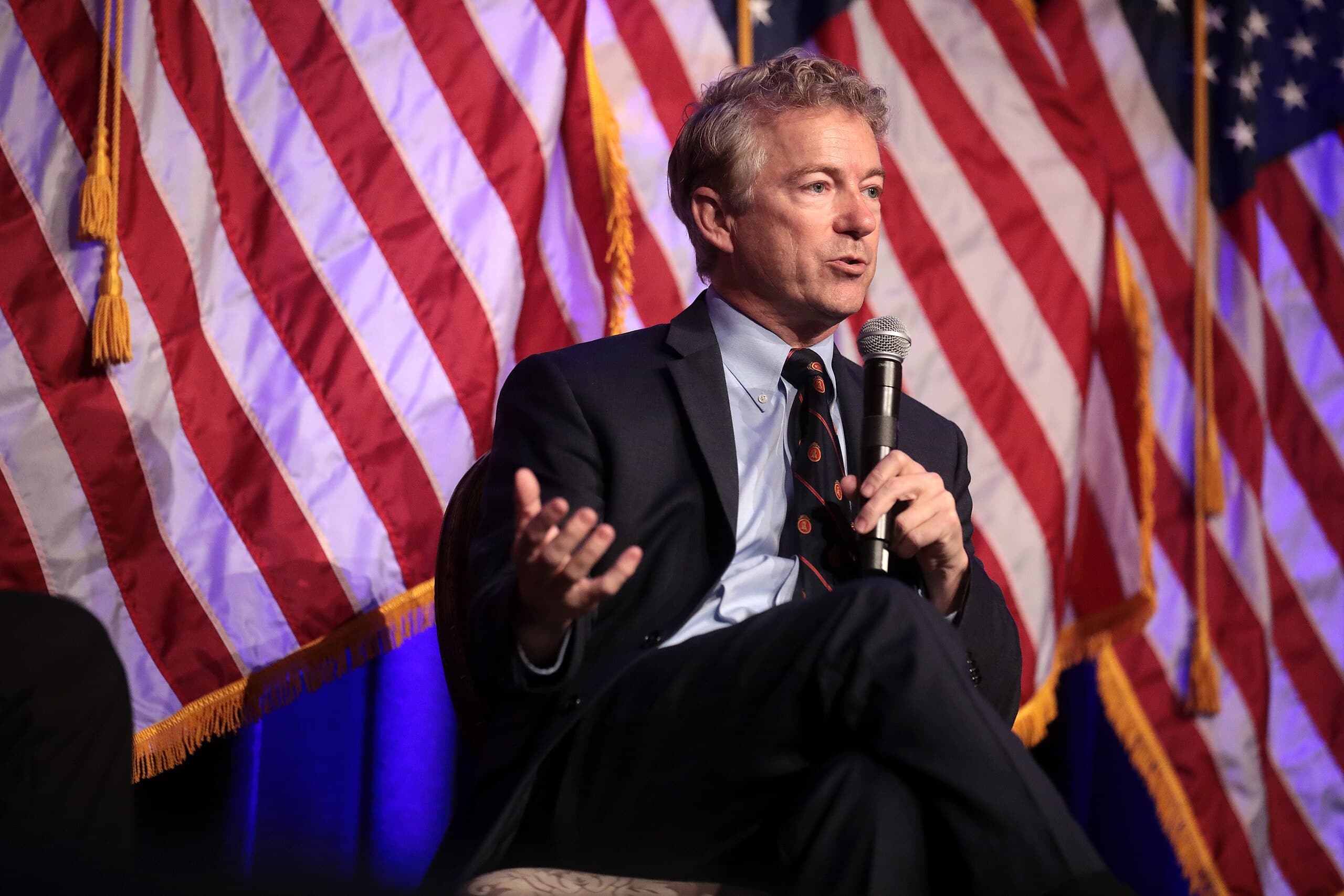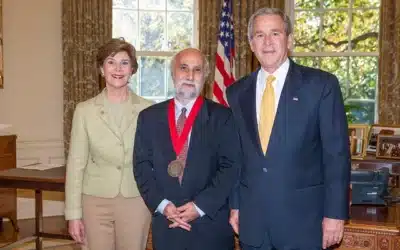In July 2024, Rand Paul (R-KY) was one of only three senators who voted against the Kids Online Safety Act (KOSA), legislation that sought to protect children from harmful material online. The other two were Senator Mike Lee (R-UT) and Senator Ron Wyden (D-OR).
Senator Paul said of his decision:
“How would platforms comply with KOSA’s requirement to mitigate and prevent undefined harms such as anxiety, depression, and eating disorders? Should platforms stop children from seeing war coverage because it could lead to depression? Should pro-life messages be censored because platforms worry it could impact the mental well-being of teenage mothers? Would sites permit discussion of a teenager overcoming an eating disorder?”
Fair questions, all. KOSA passed in overwhelming bipartisan fashion in the Senate but has not advanced through the U.S. House. Paul’s problem with it, with giving the government this power, was the many potential unintended consequences—ones that his senate colleagues apparently didn’t even consider.
Yet, Senator Paul’s worries are being proven in real time in the United Kingdom where their Online Safety Act (OSA) has just gone into effect, creating all sorts of problems, great, small, and dangerous.
Wikipedia has threatened to throttle traffic coming from the UK due to the law, where the platform is expected to block minors from “harmful” content, including articles covering “Bulimia nervosa” and “Oxford child sex abuse ring.”
A student might need to research eating disorders or child sexual abuse for educational purposes, but if Wikipedia allows this access, the platform could face fines of eighteen million in British pounds, or 10% of the website’s annual revenue.
Company aren’t going to want to subject themselves to that kind of punishment.
How would—how can—Wikipedia actually police this? How would the many social media companies be able to keep tabs on the endless labyrinth of potentially worrisome material shared by millions on their platforms and the ages of users who have access to them?
The downsides to such laws are almost impossible to predict. Thanks to OSA, British users who did not want to verify their age have lost access to Spotify. The same was true for some Brits and pizza delivery. No pepperoni pie for you, young lad. Don’t worry, it’s for your own good.
The backlash against OSA has been significant. U.S.-UK dual citizen Liz Mair reported at Real Clear Policy:
“VPN apps, which allow a user to disguise their actual location, became the most downloaded apps in the UK—as Brits sought to dodge the restrictions. And in a matter of days, 500,00 Brits—approaching 1 percent of the population of England—signed a petition urging Parliament to debate a repeal of the law (10,000 signatures are all it takes to force an official response from the government; after 100,000 signatures, Parliament must consider a debate).”
So far, Paul’s KOSA worries looks prescient.
But the unforeseen negative effects of OSA get worse than pizza delivery and streaming services. Far worse.
There is a “Grooming Gangs” scandal in the United Kingdom that is a threat to young women and girls. Mair notes that with the OSA:
“…there have also been some really serious, adverse effects that actually could jeopardize, not enhance kids’ safety. It all demonstrates what many of us who criticized the law when it was a bill, and who have criticized the US companion bill, KOSA, have been saying for a long time: One man’s definition of ‘protecting’ children online can easily wind up hurting kids when a well-intentioned rule comes into effect.”
She’s not wrong.
“If you read up on the scandal, you will discover that it’s not really about ‘grooming’ at all, and much more about really horrific mass rape and abuse of kids orchestrated by gangs here in Britain,” Mair writes.
She notes as a practical matter:
“Maybe tween and teenage girls in areas where these gangs have operated don’t need to be exposed to every last detail, but surely they need to have some idea of the fact that if they accept gifts from an older ‘boyfriend,’ the end result may be really, really atrocious, almost unthinkable abuse—and not groping or unwanted kissing (and not just by the ‘boyfriend’ but dozens of his ‘friends’)?”
This is an important point. Shouldn’t young British girls be able to learn about the methods used by men who might harm them? But instead are being shielded by harsh but useful information in the name of protecting them?
In reality, is OSA really just making kids more vulnerable?
These are the sorts of problems Sen. Paul warned about with KOSA.
Politicians in both parties are always quick to support any legislation that is intended to “protect” children. But maybe they should pause and think about what the negative effects could be, for even a second? Thinking is not popular among politicians and this is bipartisan, with KOSA being co-sponsored by Senator Marsha Blackburn (R-TN) and Senator Richard Blumenthal (D-CT).
Americans of a certain age will recall the PATRIOT Act ushered in rapidly after 9/11 to supposedly better “protect” us was done so by overwhelming majorities in both parties. But instead of targeting foreign terrorists, that law ended up being used more to go after drug dealers.
Giving the federal government these sorts of extra-constitutional powers is never a good idea, and can be used against political opponents across the ideological spectrum depending on which party is in power. As Paul wrote in opposing KOSA, “This bill does not merely regulate the internet; it threatens to suppress important and diverse discussions that are essential to a free and healthy society. That is why a legion of advocacy groups on the left and the right, such as Students for Life and the American Civil Liberties Union, oppose KOSA.”
Rand Paul is right about KOSA and how it might not only harm liberty but endanger Americans if it passes.
The United Kingdom’s example should be proof enough.
































